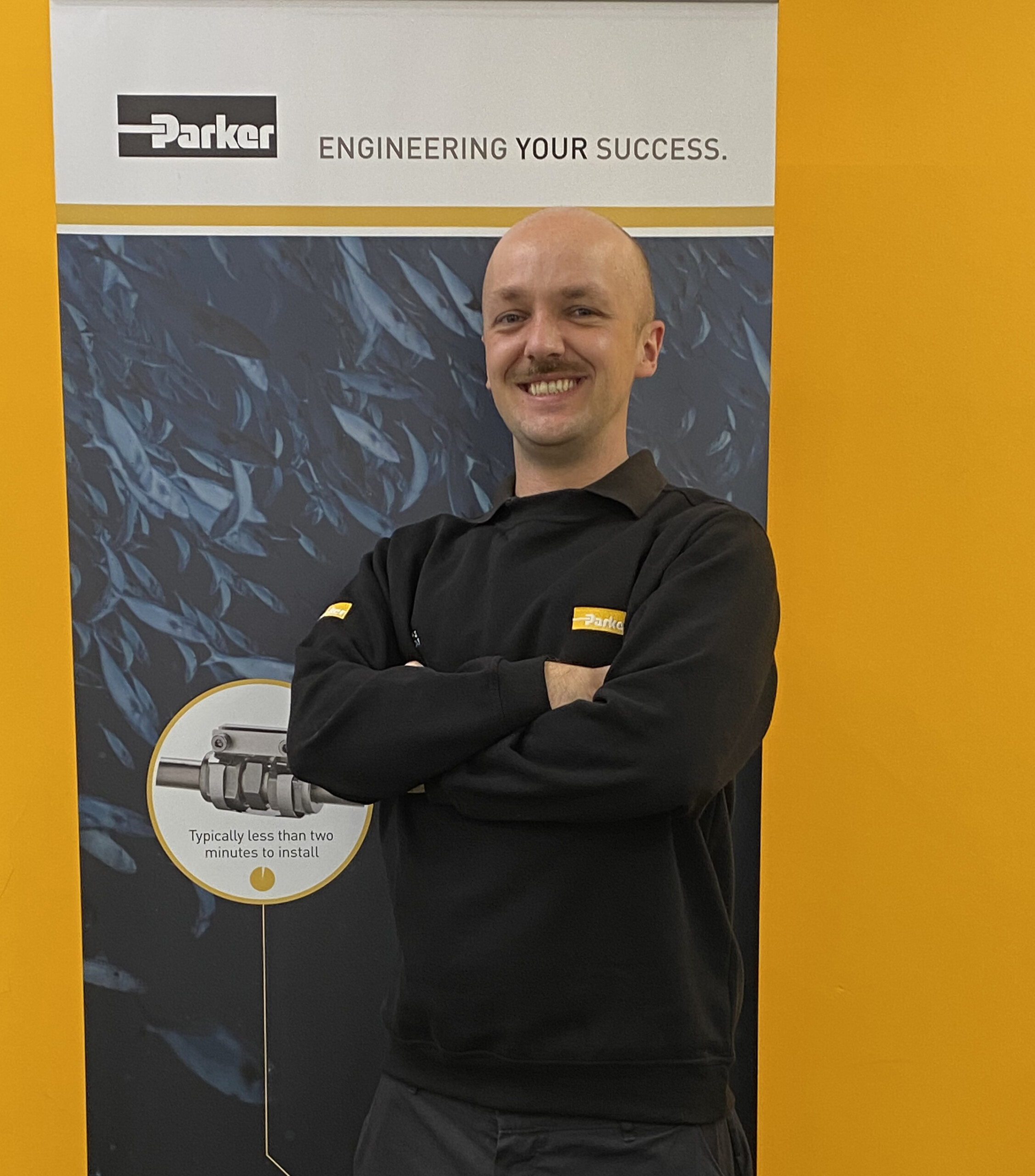Metal Fabricator – Apprenticeship
As a metal fabricator is found in the advanced manufacturing engineering and engineering construction sectors. The broad purpose of the occupation is to carry out metal fabrication work using things such as rolled steel joists, columns, channels, steel plate and metal sheet etc.
Throughout the time studying to be a metal fabricator you will complete these elements:
Year 1 and 2: Diploma in Advanced Manufacturing Engineering (Development Knowledge)
Year 3: Portfolio of evidence based on the below knowledge, skills and behaviours.
During this apprenticeship, you will be required to learn the following knowledge, skills and behaviours:
KNOWLEDGE:
– Health and safety regulations
– General engineering mathematical and scientific principles
– The structure, properties and characteristics of common materials
– Approved diagnostic methods and techniques
– The importance of only using current approved processes, procedures, documentation
– The different roles and functions in the organisation
– Why it is important to continually review fabrication and general engineering processes and procedures
– The correct methods of moving and handling materials
– Processes for preparing materials to be marked out
– The tools and techniques available for cutting, shaping, assembling and finishing materials.
– Allowances for cutting, notching, bending, rolling and forming materials
– Pattern development processes, tooling and equipment
– Cutting and forming techniques, tooling and equipment
– Assembly and finishing processes, tooling and equipment
– Inspection techniques
– Factors influencing selection of forming process
– Principles, procedures and testing of different joining techniques
– Equipment associated with Manual or Mechanised joining techniques
– Consumables used in Manual or Mechanised joining
– Effects of heating and cooling metals
– Metallurgy associated with joining
– Different types of Welds and joints
– How to interpret relevant engineering data and documentation
SKILLS:
– Work safely at all times
– Comply with environmental legislation, regulations and organisational requirements
– Obtain, check and use the appropriate documentation
– Carry out relevant planning and preparation activities
– Undertake the work activity using the correct processes, procedures and equipment
– Carry out the required checks
– Deal promptly and effectively with problems
– Complete required documentation
– Restore the work area on completion of the activity
– Identify and follow correct Metal work instructions, specifications, drawing etc.
– Mark out using appropriate tools and techniques
– Cut and form Metal for the production of fabricated products
– Produce and assemble Metal products to required specification and quality requirements
– Identify and follow correct joining instructions, specifications, drawing etc.
– Carry out the relevant preparation
– Set up, check, adjust and use joining and related equipment
– Weld joints in accordance with approved welding procedures and quality requirements
BEHAVIOURS:
– Personal responsibility and resilience
– Work effectively in teams
– Effective communication and interpersonal skills
– Focus on quality and problem-solving
– Continuous personal development
Apply for this course
Select from the start date/s below…
 North Devon Campus
North Devon Campus
Course details
Assessments
You’ll be assessed via a combination of end-point assessment and on-programme assessment.
Entry Requirements
To be accepted onto this Level 3 programme, you must hold at least five GCSEs at grade 4 or above, including GCSE Maths and English Language.
Progression
Upon successful completion of this course, you can advance to a Level 4 Higher Apprenticeship or Higher Education and enrol on a related HNC or FdSc programme.
Facilities and resources
This programme will be taught at the Engineering Centre of Excellence, which is a specialist training and assessment facility for engineering and manufacturing students. The centre contains high-tech CAD facilities, 3D printing, electronics design and assembly, a fabrication and welding workshop, CNC and manual machining, and a bench fitting workshop.
You will have access to specialist workshops, laboratories, and high-quality CAD applications installed on industry-standard computer systems.
The Mechanical work is supported by a number of professional resources, including a machine shop, welding and sheet metal workshops, and a well-equipped science laboratory with a range of industrial testing equipment.
Why North Devon College should be your first choice
North Devon College offers quality education and training across North Devon. We aim to provide outstanding learning, excellent facilities, strong connections to employers and a supportive environment to help you fulfil your education goals and set you on your path to the career of your dreams.

SUPPORTIVE
We offer a supportive and inclusive environment where you can flourish and feel a valued member of the college and wider community.
INSPIRING
Our teaching spaces and facilities are some of the best in the region, providing stimulating and true-to-life learning environments.
CONNECTED
We’ll provide you with the experiences you need to be ready for employment or the next step on your educational journey.




